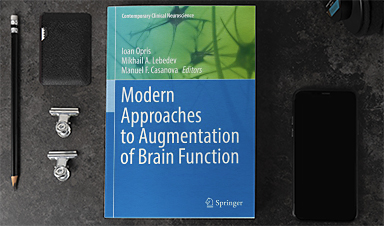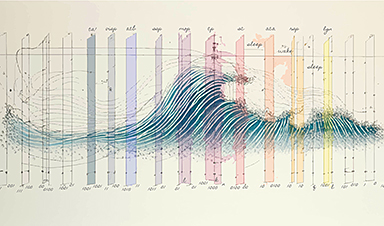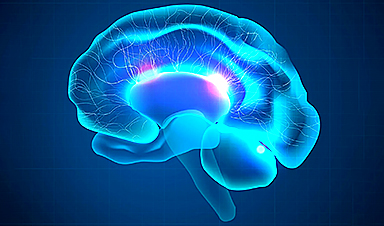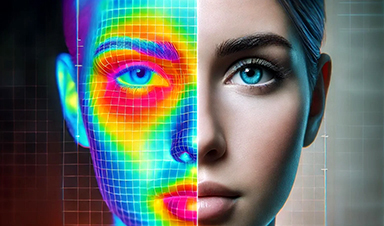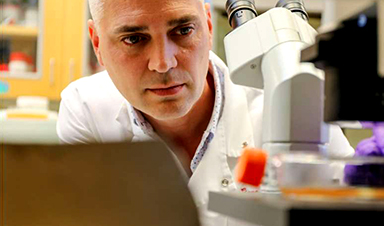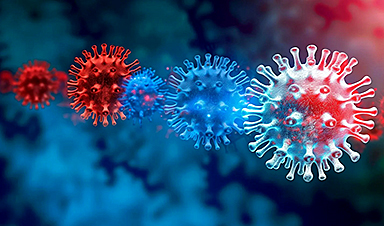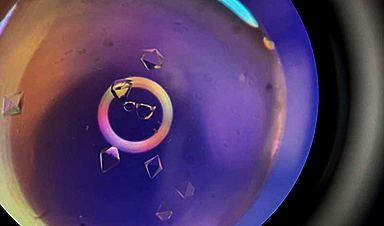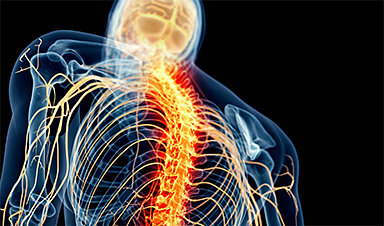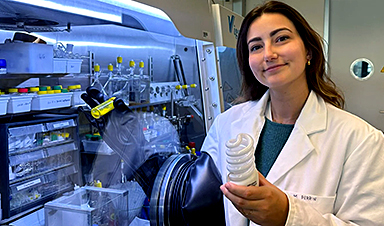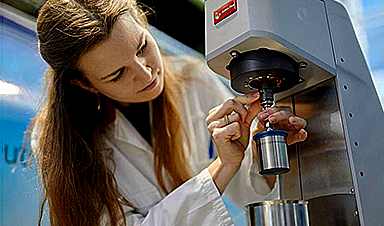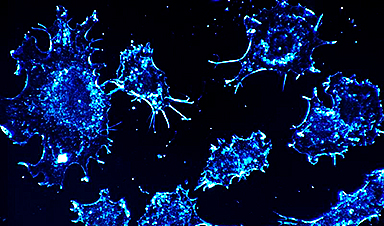Modern Approaches to Augmentation of Brain Function
This book covers recent advances in neural technology that provide for enhancements for brain function. It addresses a broad range of neural phenomena occurring in the brain circuits involved in perception, cognition, emotion and action, that represent the building blocks of behavior and cognition. Augmentation of brain function can be achieved by using brain implants for recordings, stimulation, or drug delivery. Alternative methods include employing brain-machine interfaces, as well as noninvasive activation of certain brain areas. This volume evaluates existing methods of brain augmentation while discussing the brain circuitry and neuronal mechanisms that make augmentation possible.
This volume offers novel insights into brain disorders, and explores new devices for brain repair while also addressing the philosophical and ethical implications of brain augmentation. The information in this book is relevant to researchers in the fields of neuroscience, engineering, and clinical practice.
Advance Praise for Modern Approaches to Augmentation of Brain Function:
“This impressive book by leading experts in neuroscience and neuroengineering lays out the future of brain augmentation, in which the human mind and machine merge, leading to a rapid exponential growth of the power of humanity.”
Ray Kurzweil, best-selling author, inventor, entrepreneur and a recipient of the National Medal of Technology and Innovation (1999), and the Lemelson-MIT Prize (2001)
“This book employs a holistic approach in covering the recent advances in the fields of neuroscience, neuroinformatics, neurotechnology and neuro-psycho-pharmacology. Each chapter of the book covers major aspects of modern brain research in connection with the human mind and behavior, and is authored by researchers with unique expertise in their field. ”
Ioan Dumitrache, Prof. Dr. Eng. Faculty of Computer Science, Polytechnic University of Bucharest, Bucharest, Romania
“This book presents compelling perspectives on what interactive neuroscience will look like in the future, delving into the innovatory ideas of a diverse set of neuroscientists, and speculating on the different ways computer chips implanted in the brains of humans can effect intelligence and communication.”
György Buzsáki, MD, PhD is the Biggs Professor of Neuroscience, NYU School of Medicine, New York, NY

News
The Silent Battle Within: How Your Organs Choose Between Mom and Dad’s Genes
Research reveals that selective expression of maternal or paternal X chromosomes varies by organ, driven by cellular competition. A new study published today (July 26) in Nature Genetics by the Lymphoid Development Group at the MRC [...]
Study identifies genes increasing risk of severe COVID-19
Whether or not a person becomes seriously ill with COVID-19 depends, among other things, on genetic factors. With this in mind, researchers from the University Hospital Bonn (UKB) and the University of Bonn, in [...]
Small regions of the brain can take micro-naps while the rest of the brain is awake and vice versa
Sleep and wake: They're totally distinct states of being that define the boundaries of our daily lives. For years, scientists have measured the difference between these instinctual brain processes by observing brain waves, with [...]
Redefining Consciousness: Small Regions of the Brain Can Take Micro-Naps While the Rest of the Brain Is Awake
The study broadly reveals how fast brain waves, previously overlooked, establish fundamental patterns of sleep and wakefulness. Scientists have developed a new method to analyze sleep and wake states by detecting ultra-fast neuronal activity [...]
AI Reveals Health Secrets Through Facial Temperature Mapping
Researchers have found that different facial temperatures correlate with chronic illnesses like diabetes and high blood pressure, and these can be detected using AI with thermal cameras. They highlight the potential of this technology [...]
Breakthrough in aging research: Blocking IL-11 extends lifespan and improves health in mice
In a recent study published in the journal Nature, a team of researchers used murine models and various pharmacological and genetic approaches to examine whether pro-inflammatory signaling involving interleukin (IL)-11, which activates signaling molecules such [...]
Promise for a universal influenza vaccine: Scientists validate theory using 1918 flu virus
New research led by Oregon Health & Science University reveals a promising approach to developing a universal influenza vaccine—a so-called "one and done" vaccine that confers lifetime immunity against an evolving virus. The study, [...]
New Projects Aim To Pioneer the Future of Neuroscience
One study will investigate the alterations in brain activity at the cellular level caused by psilocybin, the psychoactive substance found in “magic mushrooms.” How do neurons respond to the effects of magic mushrooms? What [...]
Decoding the Decline: Scientific Insights Into Long COVID’s Retreat
Research indicates a significant reduction in long COVID risk, largely due to vaccination and the virus’s evolution. The study analyzes data from over 441,000 veterans, showing lower rates of long COVID among vaccinated individuals compared [...]
Silicon Transformed: A Breakthrough in Laser Nanofabrication
A new method enables precise nanofabrication inside silicon using spatial light modulation and laser pulses, creating advanced nanostructures for potential use in electronics and photonics. Silicon, the cornerstone of modern electronics, photovoltaics, and photonics, [...]
Caught in the actinium: New research could help design better cancer treatments
The element actinium was first discovered at the turn of the 20th century, but even now, nearly 125 years later, researchers still don't have a good grasp on the metal's chemistry. That's because actinium [...]
Innovative Light-Controlled Drugs Could Revolutionize Neuropathic Pain Treatment
A team of researchers from the Institute for Bioengineering of Catalonia (IBEC) has developed light-activated derivatives of the anti-epileptic drug carbamazepine to treat neuropathic pain. Light can be harnessed to target drugs to specific [...]
Green Gold: Turning E-Waste Into a Treasure Trove of Rare Earth Metals
Scientists are developing a process inspired by nature that efficiently recovers europium from old fluorescent lamps. The approach could lead to the long-awaited recycling of rare earth metals. A small molecule that naturally serves [...]
Cambridge Study: AI Chatbots Have an “Empathy Gap,” and It Could Be Dangerous
A new study suggests a framework for “Child Safe AI” in response to recent incidents showing that many children perceive chatbots as quasi-human and reliable. A study has indicated that AI chatbots often exhibit [...]
Nanoparticle-based delivery system could offer treatment for diabetics with rare insulin allergy
Up to 3% of people with diabetes have an allergic reaction to insulin. A team at Forschungszentrum Jülich has now studied a method that could be used to deliver the active substance into the [...]
Nanorobot kills cancer cells in mice with hidden weapon
Researchers at Karolinska Institutet in Sweden have developed nanorobots that kill cancer cells in mice. The robot's weapon is hidden in a nanostructure and is exposed only in the tumor microenvironment, sparing healthy cells. [...]
